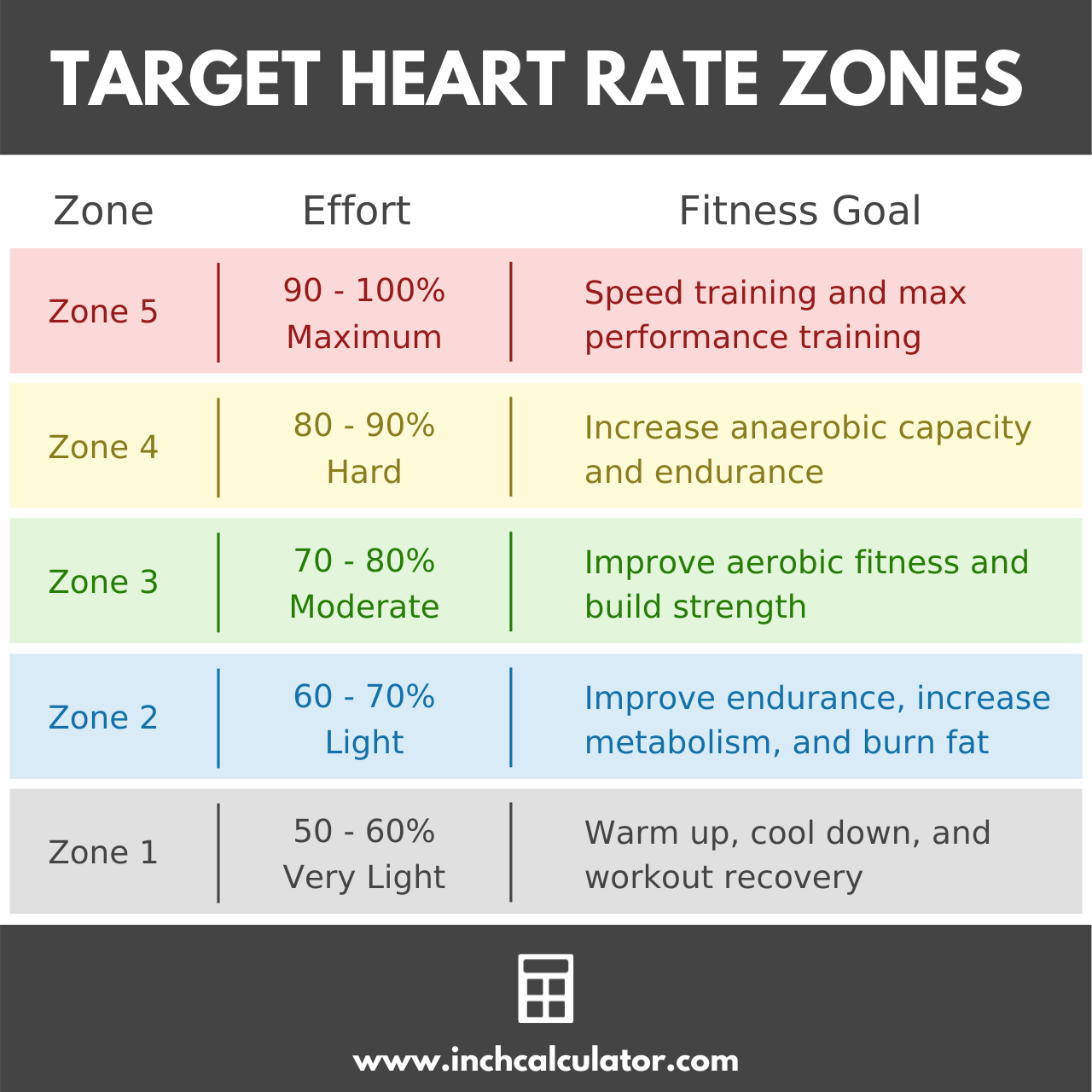
Finally, patients defined as “prehypertensive” with a heart rate ≥ 80 beats per minute were found to have a 50 % increase in all-cause mortality. Among patients at high cardiovascular risk in the VALUE trial, elevated baseline and in-trial heart rates were associated with increased risk for cardiovascular events and all-cause mortality, independent of achieved blood pressure. Results from the Atherosclerosis Risk in Communities (ARIC) study demonstrate that a higher heart rate and lower heart rate variability were associated with an increased risk of incident diabetes, even when controlled for body mass index and physical activity. In addition to elevated blood pressure, heart rate is also associated with other cardiovascular risk factors. In a large general population cohort in France, heart rate was associated with blood pressure hypertensive subjects had higher heart rates than normotensive subjects, with the greatest increase seen in those with moderate-severe hypertension. Additionally, sustained elevations in heart rate over the course of the study were a strong predictor of developing hypertension necessitating pharmacologic therapy. In the HARVEST study, 15 % of hypertensive patients had a resting heart rate > 85 beats per minute, and approximately 27 % had a heart rate > 80 beats per minute. One rationale for consideration of heart rate in choosing antihypertensive medications comes from the observation that increased heart rate is a common feature in hypertensive patients and elevated heart rate is associated with development of hypertension. Heart Rate, Blood Pressure, and Hypertension-Location, Location, Location Herein, we review the link between heart rate and peripheral and central blood pressure, and the effect of chronotropic medications on blood pressures and adverse clinical outcomes. Interestingly, the guidelines do not consider heart rate in choice of antihypertensive medications, despite the link between heart rate and development of hypertension and adverse cardiovascular outcomes. Absolute blood pressure is also a consideration in the treatment of hypertension initiation of treatment with two drugs is recommended for patients with significantly elevated blood pressure. Similarly, treating patients with heart failure with beta-blockers reduces all-cause mortality. Among patients with diabetes and nephropathy, treatment with angiotensin receptor blockers (ARBs) is recommended to reduce progression of kidney dysfunction and decrease rates of ESKD. Clinical situations for which certain classes of antihypertensive medications are specifically recommended include diabetes, proteinuric kidney diseases, and comorbid conditions, such as coronary artery disease (CAD) and congestive heart failure (CHF). Numerous therapeutic options exist for the treatment of hypertension. Management of hypertension is a significant focus of both primary care providers and hypertension specialists. There is a continuous relationship between increasing blood pressure and cardiovascular disease, stroke, and end stage kidney disease (ESKD). For the calendar year of 2010, cost estimates attributed to hypertension have surpassed 90 billion dollars. In the United States, recent data from the National Health and Nutrition Examination Survey (NHANES) report a prevalence of 30.5 % among men and 28.5 % among women. Hypertension is a major public health problem and a known independent risk factor to cardiovascular disease. We review the relationship between heart rate and peripheral and central blood pressure, with a focus on the implications for chronotropic therapy in hypertension. The use of antihypertensive medications, specifically medications that affect heart rate, may not reliably reduce central blood pressure to a similar extent as observed peripherally.

Additionally, while there is a positive correlation between heart rate and peripheral blood pressure, there is an inverse relationship between heart rate and central blood pressure. In part, this is due to a lack of evidence supporting heart rate lowering as a therapeutic strategy in hypertension. Despite these important relationships, heart rate is generally not a major consideration in choosing antihypertensive medications.

Elevated heart rate is associated with elevated blood pressure, increased risk for hypertension, and, among hypertensives, increased risk for cardiovascular disease. Hypertension is a common clinical problem and a major risk factor for cardiovascular disease and stroke.


 0 kommentar(er)
0 kommentar(er)
